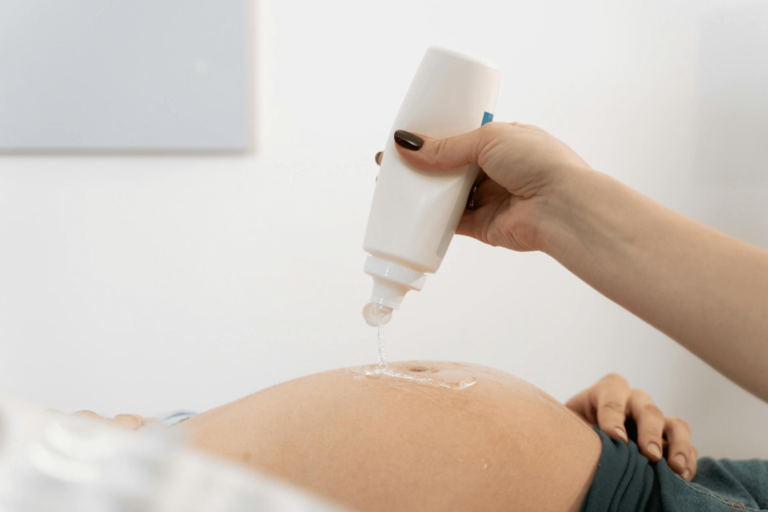Tips for Female Fertility: How to Plan for Pregnancy

If you’re ready to grow your family, you’re likely researching everything about conceiving. And let’s be honest, you’re probably also looking up the top baby names of 2024. But first things first: getting pregnant. Discover tips for female fertility by following our detailed tips below.

Image credit: RDNE Stock project
How Long Does It Take to Get Pregnant?
The time it takes to get pregnant varies widely. Some women may conceive on their first attempt, but most healthy women typically become pregnant within a year of trying. Your chances of conceiving naturally are highest in your 20s. Once you reach your 30s, fertility starts to decline, and by the age of 40, the likelihood of getting pregnant drops to about 5%. Factors like overall health, lifestyle, and underlying medical conditions can also impact fertility.
If you’ve recently stopped taking birth control pills, you may become pregnant soon after the effects wear off.
What Can I Do to Get Pregnant Faster? 3 Tips for female Fertility
- Track Your Cycle Understanding your menstrual cycle is crucial when trying to conceive. For a typical 28-day cycle, your ovulation window is between days 7 and 15. However, cycles vary, so monitoring your specific cycle is beneficial.How to Track Ovulation:
- Basal Body Temperature (BBT): Measure your body temperature daily. A slight increase indicates ovulation.
- Ovulation Test Kits: These kits detect hormonal changes that precede ovulation.
- Cycle-Tracking Apps: Numerous apps can help track your cycle and predict your fertile days.
- Practice a Healthy Lifestyle A healthy lifestyle significantly impacts fertility. Ensure you’re eating a balanced diet rich in nutrients, exercising regularly, and maintaining a healthy weight. Consider using fertility-friendly lubricants and supplements.What Can Hurt Your Chances of Getting Pregnant?
- Smoking and Tobacco: These have severe health impacts and can affect your baby. Seek help to quit before trying to conceive.
- Alcohol: It may decrease fertility. Avoid alcohol when planning to get pregnant.
- Caffeine: Limit to two cups of coffee per day. Large amounts of caffeine can impact fertility.
- Intense Exercise: While regular exercise is beneficial, strenuous workouts over five hours a week may reduce ovulation.
- Manage Stress High stress levels can interfere with ovulation and menstrual cycles. Find healthy ways to manage stress, such as meditation, yoga, or engaging in hobbies.
Foods That Can Boost for female Fertility
Your diet plays a significant role in ovulation and fertility. Opt for fertility-boosting foods such as:
- Full-Fat Dairy: Rich in vitamins A, D, and E, full-fat dairy can improve fertility. Hard and raw milk cheeses also contain beneficial polyamines.
- Beans and Lentils: Great sources of plant-based protein and polyamines, essential for fertility.
- Salmon: This and other low-mercury seafood like sardines and anchovies are rich in omega-3 fatty acids, which support fertility.
When Should I See a Doctor About Getting Pregnant?
If you’re under 35 and have been trying to conceive for a year without success, consult a healthcare professional. If you’re over 35, seek advice after six months of trying. Also, if you have underlying health conditions affecting fertility, schedule an appointment with a specialist. Conditions that may impact fertility include:
- Anatomical issues
- Ovulation problems
- Immune system disorders
- Endometriosis
- Adenomyosis
- Infections
If you’re struggling to conceive, consult your doctor to explore your options. You may consider fertility treatments, in vitro fertilization (IVF), donor-assisted reproduction, or surrogacy, all of which are effective methods to help grow your family.
By closely tracking your menstrual cycle, adopting a nutritious diet and regular exercise regimen, and consulting with healthcare professionals when needed, you can significantly enhance your chances of getting pregnant. Thorough planning and preparation are essential for a successful and healthy journey to parenthood.






